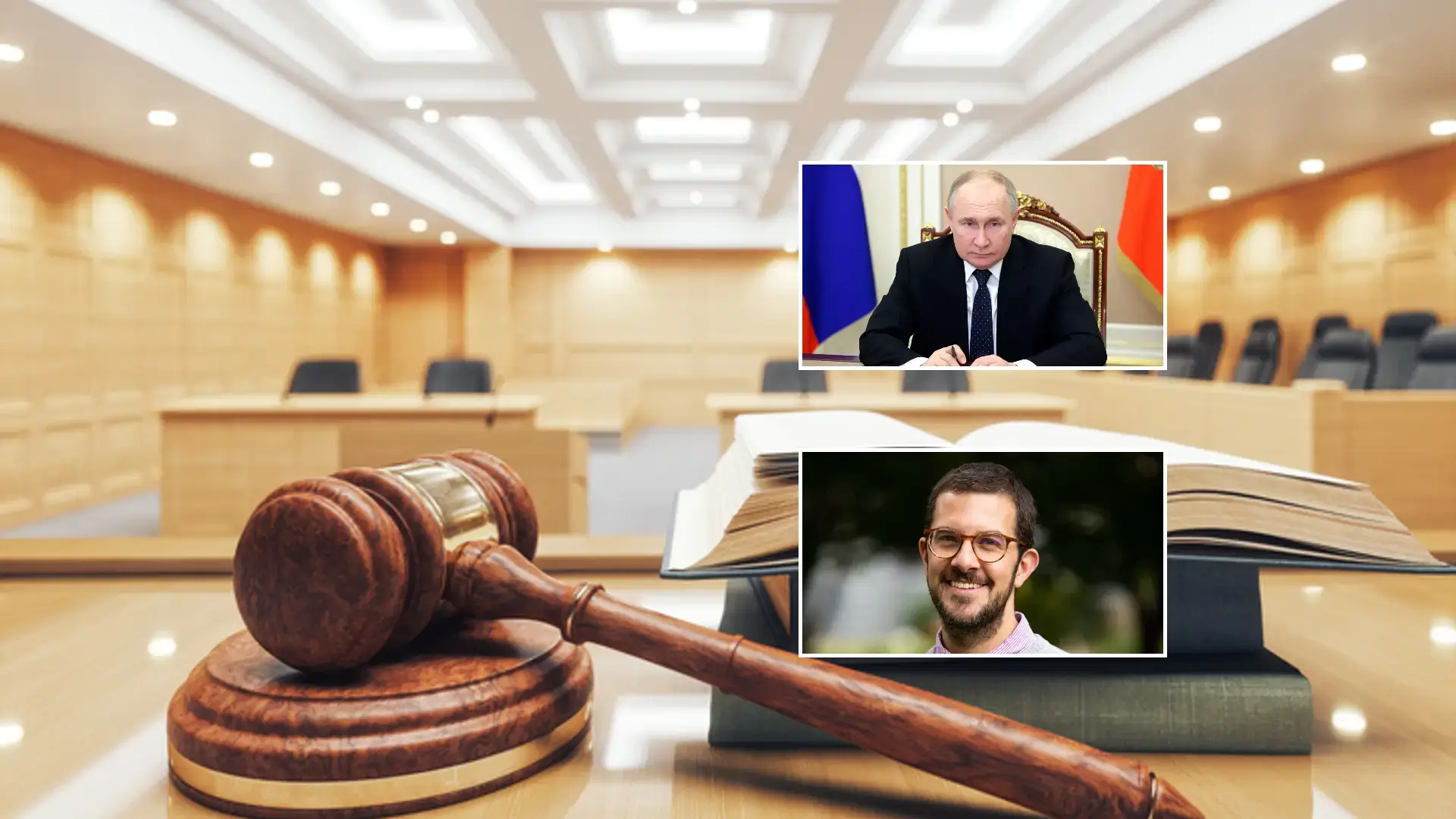Meta, the parent company of Facebook and Instagram, has recently found itself embroiled in a high-stakes geopolitical conflict. A Russian court has convicted Andy Stone, the communications director of Meta in absentia, sentencing him to six years in prison. This controversial verdict has quickly become a topic of global debate.
Andy Stone, the figure at the center of this dispute, is the communications director at Meta. A U.S. based spokesman, Stone has been an integral part of Meta’s public relations team, managing the company’s image in the face of various crises.
The court convicted Stone on charges of justifying terrorism, leading to a swift trial and subsequent six-year prison sentence, as reported by Russia’s independent news site, Mediazona. The trial’s swift nature and the severity of the punishment have raised eyebrows internationally.
The charges against Stone are rooted in his remarks following Moscow’s full-scale invasion of Ukraine in February 2024. Stone had announced temporary changes to Meta’s hate speech policy, allowing certain forms of political expression that would usually violate its rules.
Stone, based in the US, announced temporary changes to Meta’s hate speech policy to allow for “forms of political expression that would normally violate (its) rules, like violent speech such as ‘death to the Russian invaders.’”
As part of the updated policy, Stone had stated that “credible calls for violence against Russian civilians” would continue to be banned by Meta. However, Russian authorities opened a criminal case against Stone and other unidentified Meta employees, interpreting the statement as a call to violence and killings of Russian citizens.
In retaliation against Meta’s updated policy, Russian authorities declared Meta an extremist organization and blocked Facebook and Instagram in Russia. These platforms, which were popular among Russians before the invasion, are now only accessible via VPN.
In the trial, Stone faced charges of calling for terrorist activity, public calls for extremist activity, and publicly justifying terrorism. However, the first two charges were dropped, leading to a conviction solely on the basis of justifying terrorism.
Post the verdict, Stone was sentenced to six years in a penal colony and barred from administering websites for an additional four years. Meta declined to comment on the verdict, leading to widespread speculation about the potential repercussions of this conviction.
The conviction of Stone and the resulting backlash against Meta has implications for other tech companies operating in Russia. For instance, X, formerly known as Twitter, has also been blocked in Russia due to similar tensions.
In the face of this crisis, Meta has several potential courses of action. It could attempt to negotiate with the Russian government or appeal the court’s decision, or it could further harden its stance against Russia’s actions.
The verdict has been met with strong reactions internationally. Critics argue that the conviction in absentia violates principles of due process and represents an attempt by the Russian government to silence criticism.
